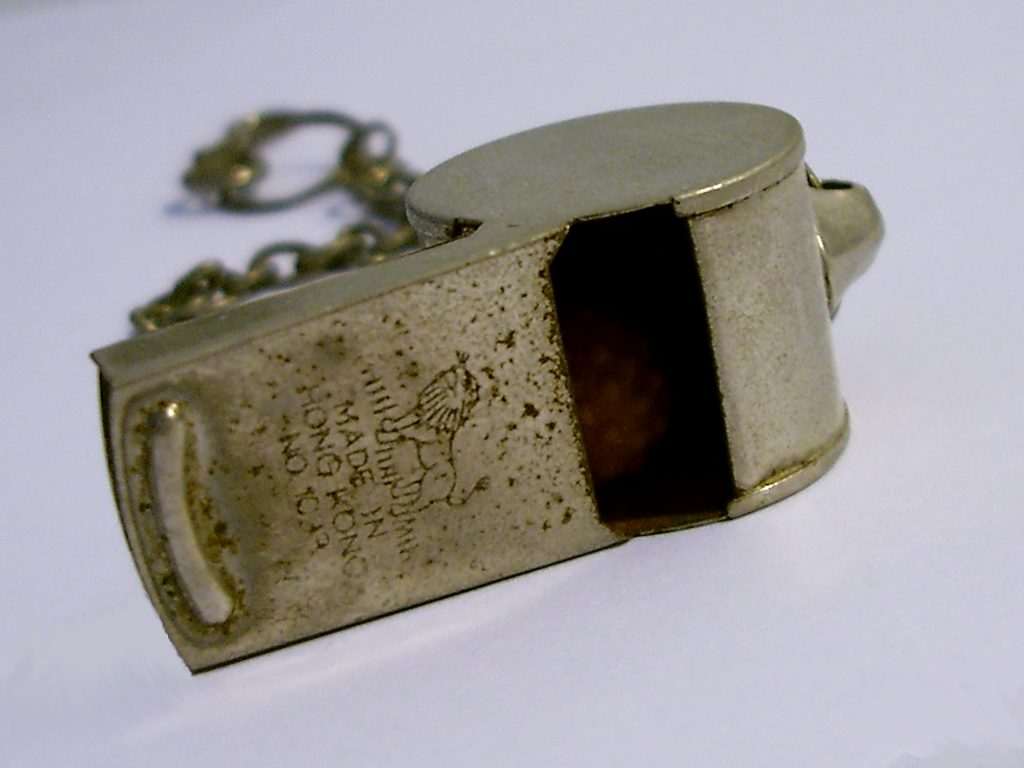 Whistleblowers play a controversial role in the United States. Without Mark Felt, also known as Deep Throat, the world would have never known about the corruptions in the Nixon Administration and without Edward Snowden, the world would have never known the extent of the NSA’s surveillance on both U.S. citizens and foreign individuals. Congress recognized the importance of whistleblowers when it passed the False Claims Act. The False Claims Act allows individuals to bring lawsuits (called a qui tam action) on behalf of the United States when an individual or entity defrauds the United States Government. See 31 U.S.C. § 3729 (2015). The purpose of the False Claims Act is to incentivize individuals to monitor and prevent fraud against the United States by enabling the individuals to get a portion of any damage award that the court gives.
Whistleblowers play a controversial role in the United States. Without Mark Felt, also known as Deep Throat, the world would have never known about the corruptions in the Nixon Administration and without Edward Snowden, the world would have never known the extent of the NSA’s surveillance on both U.S. citizens and foreign individuals. Congress recognized the importance of whistleblowers when it passed the False Claims Act. The False Claims Act allows individuals to bring lawsuits (called a qui tam action) on behalf of the United States when an individual or entity defrauds the United States Government. See 31 U.S.C. § 3729 (2015). The purpose of the False Claims Act is to incentivize individuals to monitor and prevent fraud against the United States by enabling the individuals to get a portion of any damage award that the court gives.
Gregory D. Guth brought a qui tam action against a law firm (RP) arising from the firm’s representation of Louisiana State University (“LSU”) in an expropriation proceeding against him. An expropriation proceeding is an action by a governmental authority where the governmental authority takes property from its owner for public use or benefit.
This case arose after Hurricane Katrina. The U.S. Department of Housing and Urban Development made federal funds available to the City of New Orleans (“the City”) in the form of Community Development Block Grants. The City set aside a portion of the block grants to build a medical center for the U.S. Department of Veteran’s Affairs and a teaching hospital for LSU. The City and the State of Louisiana entered an agreement assigning LSU the power and funds to acquire or expropriate property for the medical facilities. LSU then hired RP to acquire the necessary property.
 Louisiana Personal Injury Lawyer Blog
Louisiana Personal Injury Lawyer Blog


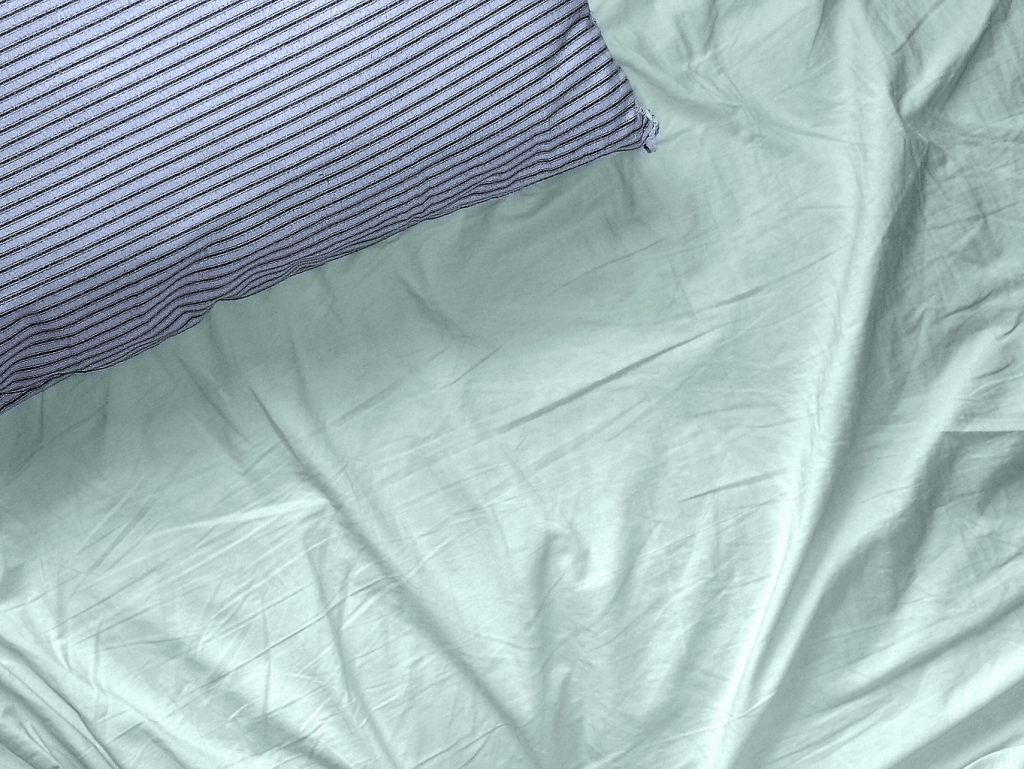 Is it cruel and unusual punishment for a prison to not provide an extra pillow and mattress to an injured prisoner?
Is it cruel and unusual punishment for a prison to not provide an extra pillow and mattress to an injured prisoner? Contractual relationships can advance or dissolve as time passes, often turning sour when promises are not kept. One or both parties may attempt to break the relationship but the underlying contract is not so easily terminated. As a result, the parties may find themselves in a court battle over seemingly small details. In this recent Louisiana case before the United States Fifth Circuit Court of Appeal, the presumably costly break-up came down to one little word.
Contractual relationships can advance or dissolve as time passes, often turning sour when promises are not kept. One or both parties may attempt to break the relationship but the underlying contract is not so easily terminated. As a result, the parties may find themselves in a court battle over seemingly small details. In this recent Louisiana case before the United States Fifth Circuit Court of Appeal, the presumably costly break-up came down to one little word.  What if you are injured, hire a lawyer, and that lawyer fails to sufficiently work on your case? Outrage ensues and you may choose to fire that lawyer and hire a second. But is that first lawyer entitled to payment if you happen to win and receive an award in your case? In a recent Louisiana case, the Fifth Circuit Court of Appeals decided that the answer can be in the affirmative.
What if you are injured, hire a lawyer, and that lawyer fails to sufficiently work on your case? Outrage ensues and you may choose to fire that lawyer and hire a second. But is that first lawyer entitled to payment if you happen to win and receive an award in your case? In a recent Louisiana case, the Fifth Circuit Court of Appeals decided that the answer can be in the affirmative.  It is not uncommon for a victorious party in a lawsuit to seek attorneys’ fees upon their win. There is no guarantee however the judge will agree an award of attorneys’’ fees are warranted. In some cases filed in state court, the defendant can remove the case be heard in federal court. If the federal court lacks jurisdiction, however, the case will be sent back to state court. Whether the attorneys’ fees associated with the removal process can be recouped by the winning party is the subject of a recent lawsuit out of New Orleans.
It is not uncommon for a victorious party in a lawsuit to seek attorneys’ fees upon their win. There is no guarantee however the judge will agree an award of attorneys’’ fees are warranted. In some cases filed in state court, the defendant can remove the case be heard in federal court. If the federal court lacks jurisdiction, however, the case will be sent back to state court. Whether the attorneys’ fees associated with the removal process can be recouped by the winning party is the subject of a recent lawsuit out of New Orleans. 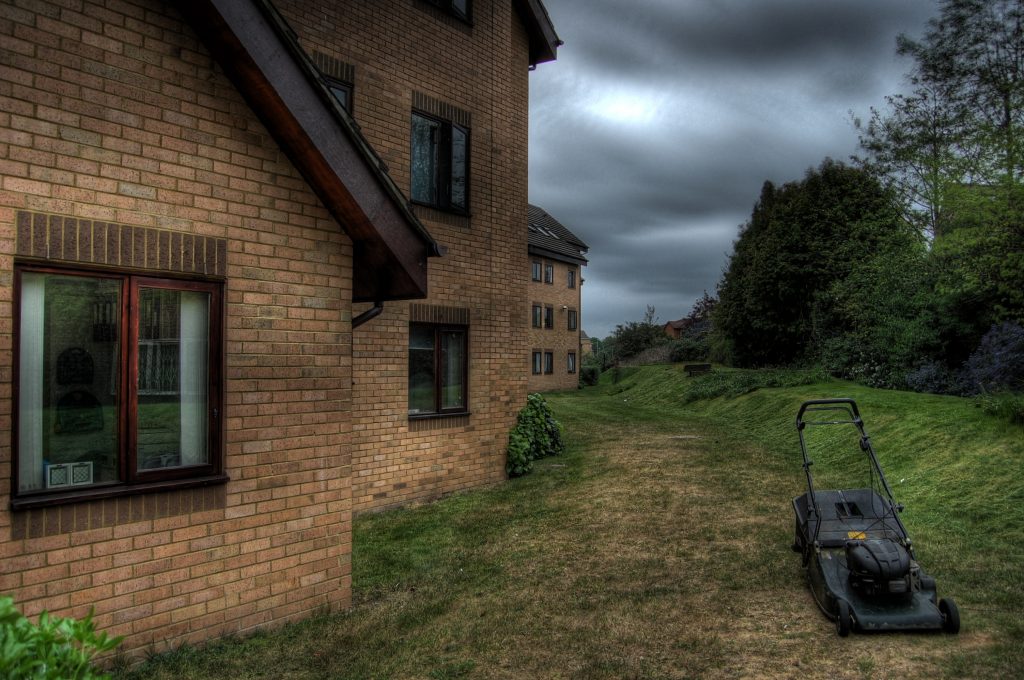 When a case goes to trial, there are many nuances that a lawyer might have to address, including a motion for a continuance or a dismissal. A continuance is the postponement of a hearing, trial or other scheduled court proceeding at the request of either party or by the judge. A dismissal occurs when the court ends a legal action before completing the trial process. This case out of the Parish of East Baton Rouge demonstrates Louisiana’s requirements for a continuance or a dismissal in the district courts.
When a case goes to trial, there are many nuances that a lawyer might have to address, including a motion for a continuance or a dismissal. A continuance is the postponement of a hearing, trial or other scheduled court proceeding at the request of either party or by the judge. A dismissal occurs when the court ends a legal action before completing the trial process. This case out of the Parish of East Baton Rouge demonstrates Louisiana’s requirements for a continuance or a dismissal in the district courts.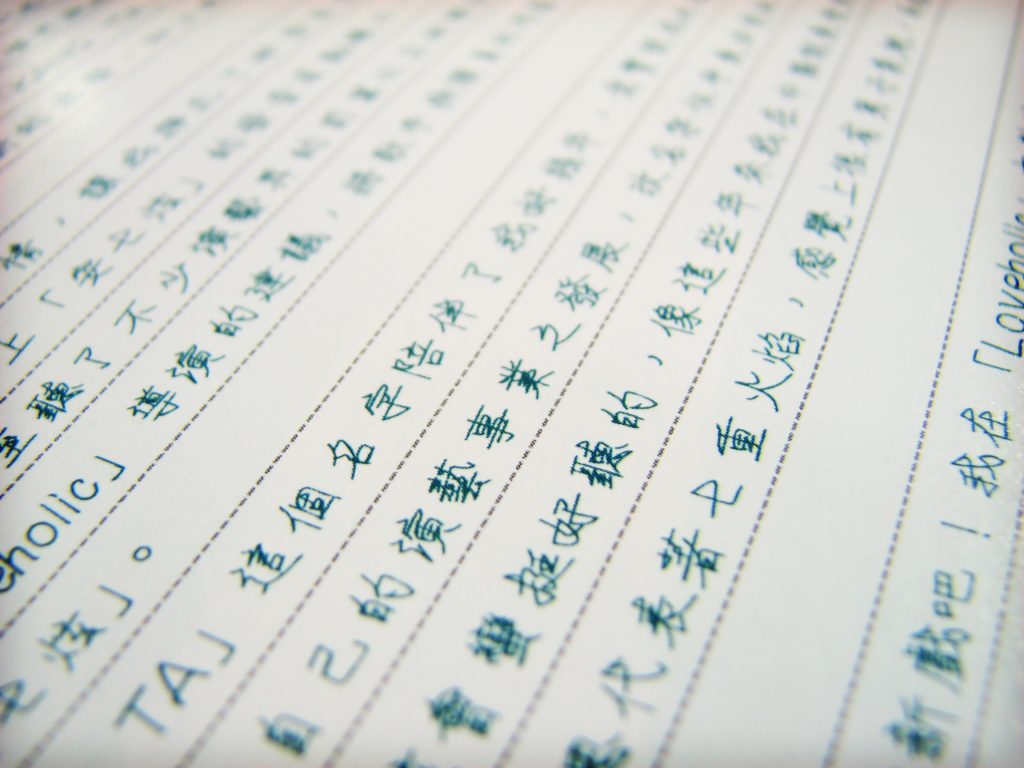 Res Judicata, also known as claim preclusion, is a Latin term that literally means “for a matter judged.” In the legal system, res judicata is a doctrine that prohibits a second lawsuit from being filed for a matter that has already been judged or decided on the merits. Once parties to a lawsuit have had the opportunity to be heard by the court and the court rules on the claims asserted in the lawsuit, those parties are generally not ever again allowed to bring a lawsuit against the same parties for the same claims that arose from the same transaction or occurrence.
Res Judicata, also known as claim preclusion, is a Latin term that literally means “for a matter judged.” In the legal system, res judicata is a doctrine that prohibits a second lawsuit from being filed for a matter that has already been judged or decided on the merits. Once parties to a lawsuit have had the opportunity to be heard by the court and the court rules on the claims asserted in the lawsuit, those parties are generally not ever again allowed to bring a lawsuit against the same parties for the same claims that arose from the same transaction or occurrence.  Most of us probably owe money to someone. Whether it be for our home, a vehicle, a credit card or even just to a friend. A
Most of us probably owe money to someone. Whether it be for our home, a vehicle, a credit card or even just to a friend. A In a medical malpractice case, often lawyers for either or both sides will hire what is called an expert witness. These cases are complex and frequently require such experts to explain to the judge and jury the medical procedure at issue and what went wrong. These necessary experts, however, are not inexpensive and the winning party in a lawsuit can often come out ahead but at a serious financial setback. This is what happened in a recent case out of Ouachita. And due to a lack of evidence on record in support of expert witness fees, the winning party had no chance of recovering these costs.
In a medical malpractice case, often lawyers for either or both sides will hire what is called an expert witness. These cases are complex and frequently require such experts to explain to the judge and jury the medical procedure at issue and what went wrong. These necessary experts, however, are not inexpensive and the winning party in a lawsuit can often come out ahead but at a serious financial setback. This is what happened in a recent case out of Ouachita. And due to a lack of evidence on record in support of expert witness fees, the winning party had no chance of recovering these costs. 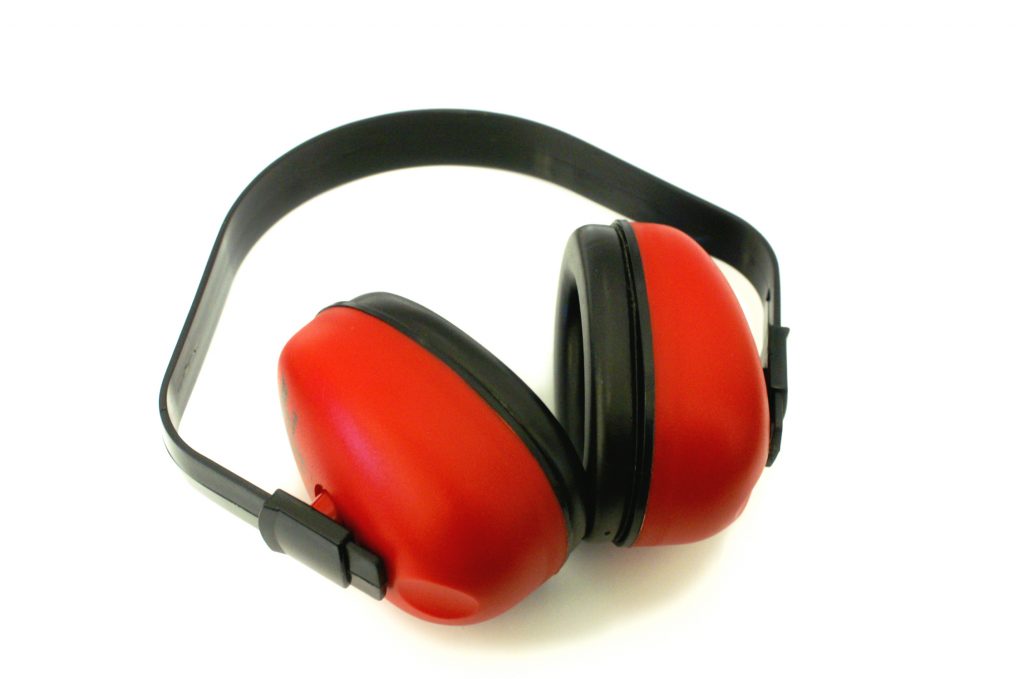 What are your legal options when you experience job-related hearing loss? Are you limited to benefits under workers’ compensation laws or can you file a lawsuit for possibly a considerable monetary amount? That was the essential question put forth to the Supreme Court of Louisiana in a recent case out of West Monroe.
What are your legal options when you experience job-related hearing loss? Are you limited to benefits under workers’ compensation laws or can you file a lawsuit for possibly a considerable monetary amount? That was the essential question put forth to the Supreme Court of Louisiana in a recent case out of West Monroe.